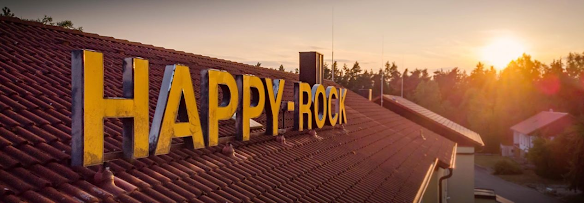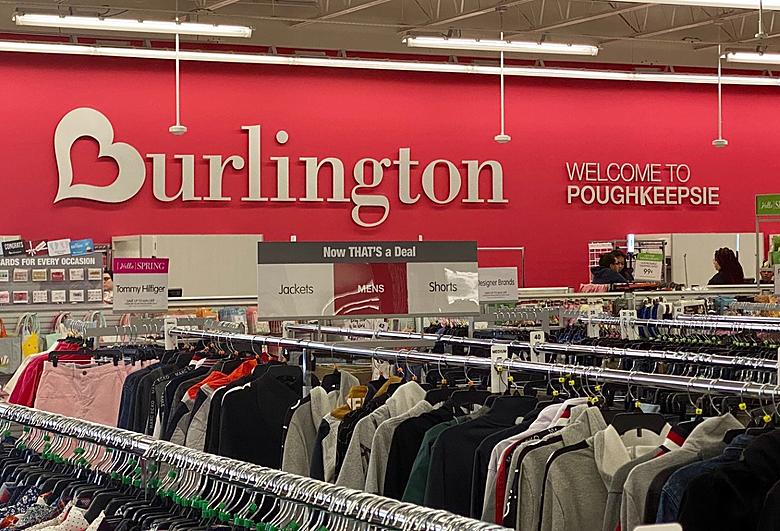Burlington Coat Factory store in Gladstone has announced a significant change in its operating hours. The company has decided to extend its business hours, staying open until at least 11 p.m. on weekdays and pushing closing time to midnight on the weekends. This move marks a departure from the recent trend where many businesses, including retailers, reduced their hours amid the COVID-19 pandemic.
Prior to the global health crisis, it was not uncommon for various businesses, particularly those in the retail and hospitality sectors, to operate around the clock, catering to customers at all hours of the day and night. However, the onset of the pandemic brought about a drastic shift in consumer behavior and operational norms. Concerns over safety, government-imposed restrictions, and changes in consumer habits led many businesses to scale back their operating hours, with most closing their doors well before 9 p.m.
Now, as the world gradually emerges from the shadow of the pandemic, Burlington Coat Factory's decision to extend its hours signals a potential return to pre-COVID days. This move not only reflects the company's confidence in the recovery of consumer demand but also underscores a broader trend in the retail industry as businesses adapt to changing circumstances.
The decision to extend operating hours comes at a time when consumer confidence is showing signs of rebounding, driven by increased vaccination rates, easing restrictions, and a growing sense of normalcy. By staying open later into the evening, Burlington Coat Factory aims to accommodate the needs of customers who may prefer to shop outside of traditional daytime hours or who have busy schedules during the day.
Furthermore, extending hours could also serve as a competitive advantage for the retailer, especially in an environment where convenience and accessibility are highly valued by consumers. By offering more flexibility in when customers can shop, Burlington Coat Factory positions itself to capture a larger share of the market and meet the evolving demands of today's shoppers.
However, it's important to note that while Burlington Coat Factory's decision may signal a return to pre-pandemic norms for some businesses, the landscape of retail has undeniably been altered by the events of the past few years. E-commerce, which experienced a surge in popularity during the pandemic, continues to reshape the retail sector, prompting traditional brick-and-mortar stores to adapt and innovate to remain competitive.
In conclusion, Burlington Coat Factory's move to extend its operating hours represents a significant step towards normalcy in the retail industry post-pandemic. By reverting to later business hours, the company not only responds to the changing needs of consumers but also signals a broader shift towards recovery and adaptation in the retail landscape. As businesses continue to navigate the uncertainties of a post-pandemic world, flexibility and responsiveness to consumer preferences will remain key factors in their success.


Comments